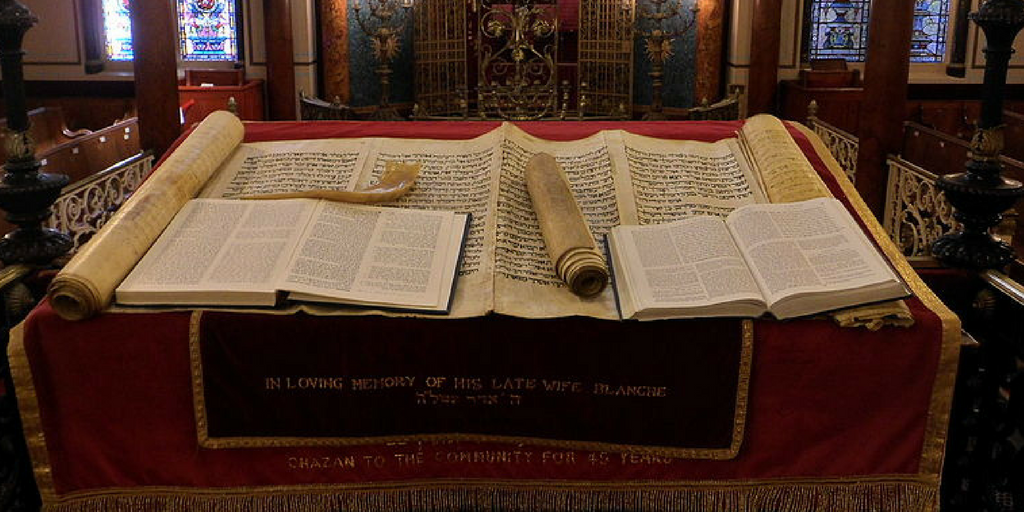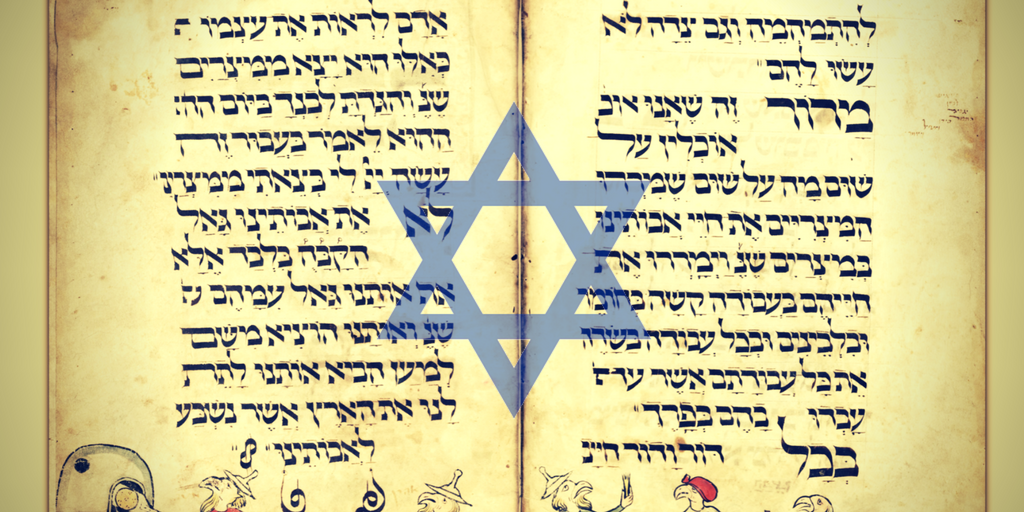While the Torah instructs Israel to aspire towards a “kingdom of priests and holy nation” (SHEMOT 19:6) in the Land of Israel, a just social order and stable economy are two crucial ingredients to fulfilling this charge. Since the Zionist movement’s early years, there has existed a conflict between self-proclaimed adherents of socialism and their opponents who favor a free market economy. For decades following the reestablishment of Jewish independence, this battle has raged and formed deep divides. Although security threats, increased westernization and foreign pressure to shrink the country’s borders in recent decades have often caused class issues to fade into the political backdrop, Israel still lacks the socio-economic ideal necessary to serve as a paragon of justice and morality to other nations.
Israel is tasked with becoming a light unto nations. As the national expression of HaShem’s Ideal for this world, the Jewish people are meant to demonstrate to mankind how to live all facets of life in such a way that actualizes and fully expresses our inner kedusha. The State of Israel must set an example of excellence to the rest of the world in every sphere of nationhood, from commerce and agriculture to governance and social services. Israel must aspire to build a perfect society that functions according to G-D’s Truth in every detail of life. The formula is not man-made but rather a sacred reality that transcends the limited perception of human intellect. Only through existing as such a holy nation in the whole of Eretz Yisrael can the Jewish people hope to bring humanity toward a future of genuine harmony and universal fulfillment.
In order for Israel to achieve this goal, it is necessary that we establish a just society reflecting the values of our Torah. The Children of Israel must determine and implement social policies that benefit the collective society as well as the individuals within. Because Israel is meant to serve as a national light to mankind, the Jewish state must become a model civilization in which people live lives of dignity and fulfillment while wholeheartedly sharing in the collective national burden.
“If your brother becomes impoverished and his means falter in your proximity, you shall strengthen him – proselyte or resident – so that he can live with you.” (VAYIKRA 25:35)
Various modes of production and social structures may possess positive features from which man can benefit. But in order to arrive at a complete and perfect system, Israel cannot be limited to working within the framework of the choices offered by the outside world. Rather than adhere to rigid foreign concepts, Israel must set our agenda in accordance with Hebrew values and promote a new outlook in compliance with Torah culture – an all-encompassing approach that will succeed in expressing the highest values in seemingly conflicting ideologies. A central goal of Israel’s redemption process is freeing mankind from the limitations of an exclusive adherence to dualistic logic. Israel must help man transcend beyond the artificial contradictions of ostensibly conflicting ideals towards a higher awareness of opposites actually enjoying a deep inner unity.
A clear yet simple example of this concept is found in the Hebrew understanding of kedusha. While Western thinking has traditionally viewed holiness as the triumph of the spiritual over the physical, Israel’s more holistic approach recognizes kedusha as being the healthy unification of spirituality and physicality.
An exclusive and absolute adherence to dualistic thinking is only one of the many negative features of Western civilization – a civilization principally based upon the value system of Esav, whose Edomite descendants ultimately became the Roman Empire, morphed into the Christian Church and dominated Europe. Essentially utilized as a means of social control, the septic doctrine of Christianity spread far and wide while spiritually oppressing a significant share of humankind. As Europeans began to conquer and pillage the new world, the culture of Edom took on a secular form, still rooted in the barbarism of its forerunners, as Europe’s feudalist social structure gave way to the rise of capitalism.
Capitalism as a mode of production is essentially based on the competition between rival capitalists to attain profits. To beat out their contenders and constantly feed this ever-expanding system, leading capitalists enlist the aid of their governments in finding markets in other countries, gaining access to natural resources and exploiting cheap labor, essentially spawning the same imperialism that characterized ancient Rome. Within the capitalist mode of production itself exists a drive compelling nations to dominate and oppress weaker peoples.
Capitalism gave rise to a powerful culture that indoctrinates the masses to constantly consume, subliminally promoting the goal of life as the acquisition of wealth. The motivational forces driving Western man to be productive became the pursuits to accumulate the most money, bed the most attractive women, drive the fastest cars and live in the largest homes. While the Torah certainly requires men to be physically attracted to their wives and successful in providing for their families, these do not serve as the actual foundations of a Hebrew society. Unlike Western civilization, which places the materiel success of the individual at the center, Hebrew civilization is primarily concerned with the moral and spiritual wellbeing of the collective.
The future to which Israel is bringing the world is one in which the motivational force driving man becomes an idealistic desire to perfect the entire world. To become partners in Creation that experience HaShem flowing through us as we actively bring history to its ultimate goal. For Israel to lead humankind to this stage first requires a conscious rejection of Edomite values in favor of a society based on giving and caring for the other, in which production is determined by actual human need. We must realize that the capitalist system only seems natural to us when we perceive ourselves as separate from – and at odds with – one another. The more we recognize mankind’s true inner unity, the more we appreciate our intrinsic subconscious drive to succeed collectively as one.
The Torah forbids us from permitting the impoverishment of other people as we are commanded to provide assistance to our brothers in need. Helping the poor is not merely a recommendation but actually a directive from HaShem and Divine expression of justice, no different than safeguarding the Sabbath or liberating Eretz Yisrael from foreign rule. Israel’s historic mission necessitates bringing all of humanity to the conscious awareness that Creation, with all of its multiplicity and variety, is actually one single entity – an organic whole of which we are all unique and crucial parts.
Recognizing this unity to be our true inner nature compels us to organize society in such a way that expresses it and conditions us to consciously understand and function according to it. The ultimate goal towards which history is advancing necessitates the establishment of a social order founded on the morality and justice of our Torah – where no person goes hungry and all live in friendship and mutual respect, setting an example of justice and perfection to mankind.





